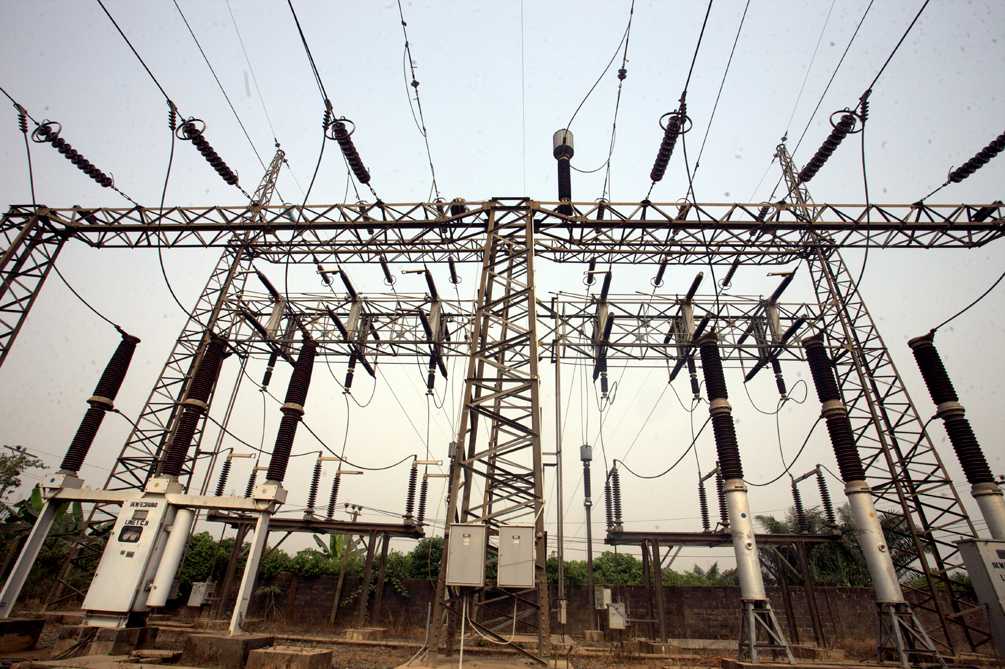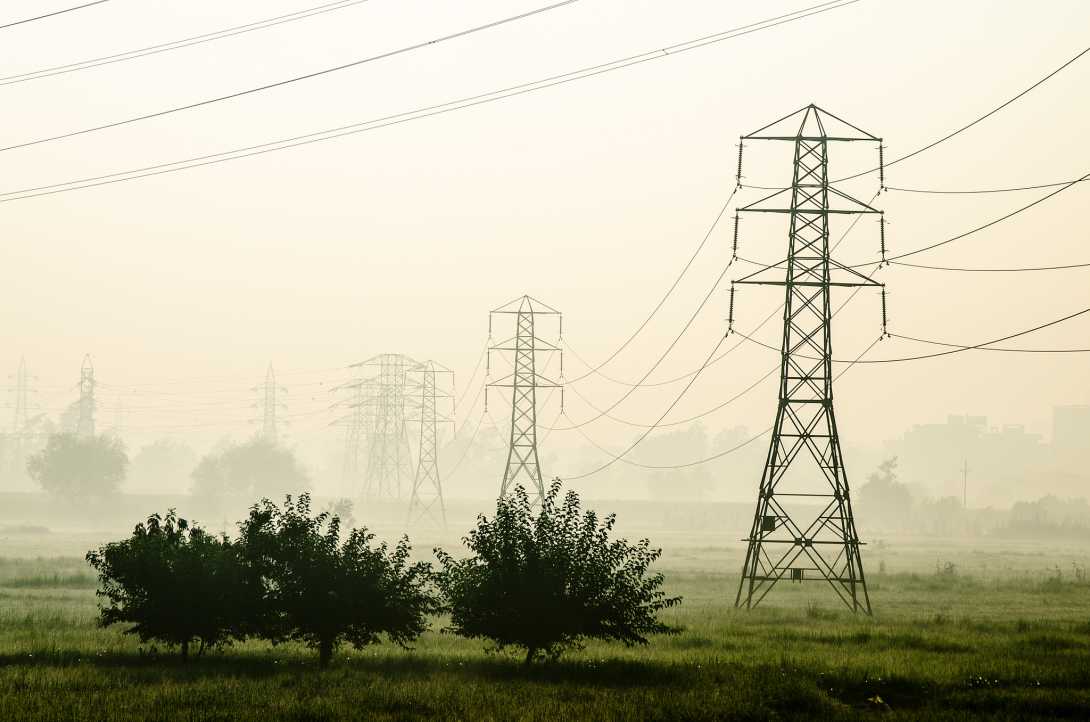
Ceres Conference 2016
Energy Efficiency Global Forum 2016
International Development Design Summit for Cookstoves
13th Annual AREDAY Summit “From Paris to the Polls: Implementing Low Carbon Economies”
2016 Annual Meetings of the African Development Bank
13th Green Film Festival in Seoul








